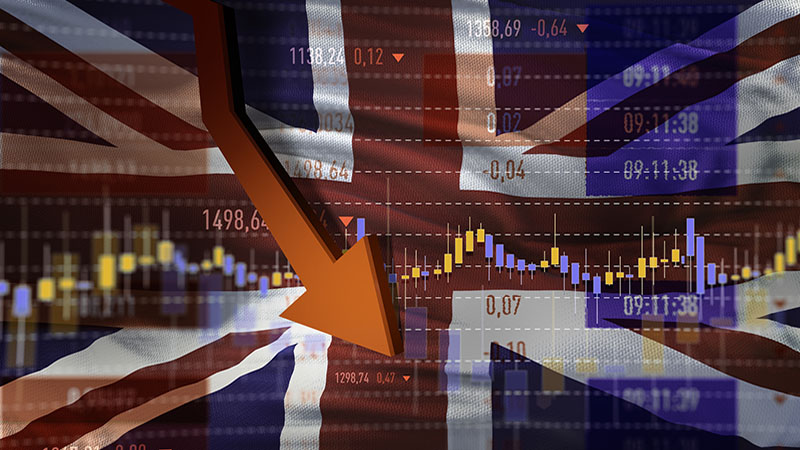Retail investors removed £563m from funds in February as Donald Trump’s volatile tariff policies loomed, according to the Investment Association (IA). It was a de-escalation from the £3bn of outflows the month prior.
The vast majority of February’s outflows came from equity funds, which lost £1.6bn over the period.
Yet despite uncertainty in the States making investors bearish, dedicated US sectors such as IA North America and IA North American Smaller companies received inflows of £415 and £81m throughout February.
Investors also put money into other US-heavy sectors such as IA Global, which had inflows of £552m – the highest that month.
See also: Trump’s Liberation Day: How to TILT-proof your portfolio
However, the IA said it expects “investors to shift away from making additional allocations to the US over the next quarter” as tariffs likely drag down on its high valuations.
Director of market insight and fund sectors Miranda Seath said: “It’s clear the start of 2025 is a very different landscape for investors from the end of 2024 when markets rose on the back of the US election victory.
“The spectre of rising inflation is back. The shift from rhetoric to reality on Trump’s tariffs is set to drive inflation.”
These expected outflows were already visible in IA Technology and Technology Innovation – which has a hefty 73.3% exposure to US equities – as investors removed £21m in February.
Pessimism for the UK
For now at least, the US remained popular. Instead, it was UK equity funds that suffered the worst outflows, with investors removing £1.4bn from them in February.
This follows on from the £13.1bn outflows that UK equity funds were hit with in 2024.
Seath said some of this negativity was exacerbated by Chancellor Rachel Reeves’ Autumn Budget, with many of the policies announced in the October speech coming into effect soon.
“Household bills are set to increase substantially in April as the energy price cap ends, water bills rise by double digit percentages and council tax increases,” she said.
“Businesses will also look to cover the cost of the April National Insurance Contribution rise.”
Retreat to money markets
With investors becoming more cautious of UK and US equites, Seath hopes that it does not push people into buying money market funds.
Uncertainty in February upped money market inflows to £478m, but she warned this can be a short-sighted move.
See also: ‘Worst case scenario’ Trump tariffs a hammer blow to Asian equities
“The bigger issue is that uncertainty may lead investors sit on their hands or redeploy capital away from investments to cash savings, which risks poorer financial outcomes over the long-term,” Seath added.
“Our recent ISA research shows many cash savers, as well as investors, are saving for their retirement, and it is important that they do not miss out on the benefits of long-term investment due to concerns over short-term volatility.”
This story was written by our sister title, Portfolio Adviser








